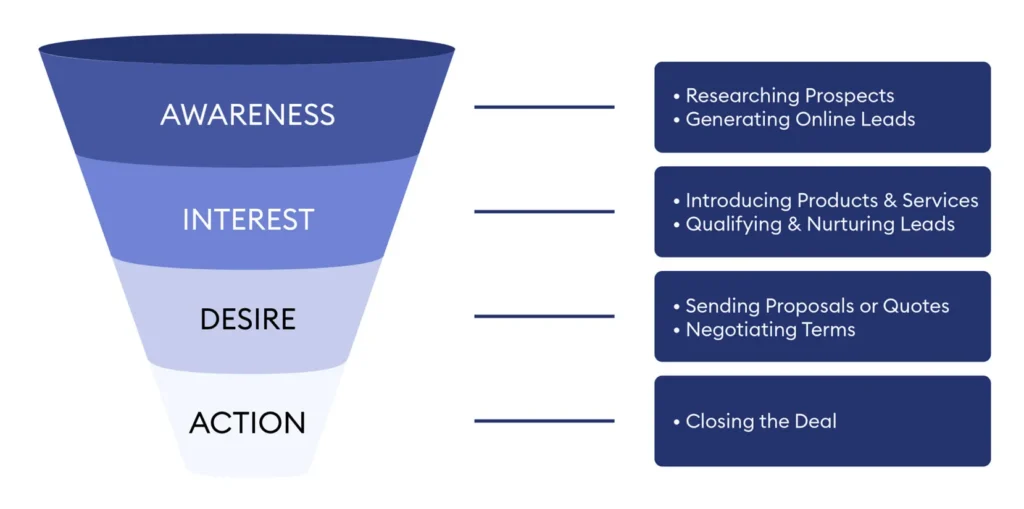Maximize Every Click: Elevate Your Conversion Rates to Unprecedented Heights

Why Market Minty ?
Our Conversion Rate Optimization Services
Landing Page Optimization
Enhance your landing pages to improve user experience and conversion rates. This service includes A/B testing, copywriting adjustments, layout redesigns, and call-to-action (CTA) placement optimization to make sure visitors are more likely to convert.
Website Speed Improvement
Increase your website's loading speed to reduce bounce rates and improve user satisfaction. Techniques such as image compression, code minification, and leveraging browser caching can significantly boost site performance and, consequently, conversion rates.
User Experience (UX) Audit and Enhancement
Conduct thorough audits of your website to identify UX barriers that might be hindering conversions. By streamlining navigation, improving accessibility, and ensuring a mobile-friendly design, we create a seamless experience for all users, thereby increasing the likelihood of conversion.
Personalization and Segmentation Strategies
Implement targeted personalization and segmentation techniques to deliver more relevant content to different segments of your audience. By understanding and addressing the specific needs and preferences of various user groups, you can significantly increase engagement and conversion rates.
Unlock Your Site's Full Potential
Elevate Your Conversion Rates with Expert Optimization. Click to Transform Your Traffic into Triumph!
Testimonial








FAQs( Frequently Asked Questions)
Conversion rate optimization is the systematic process of increasing the percentage of website visitors who take a desired action — be it filling out a form, becoming customers, or otherwise. The CRO process involves understanding how users navigate your site, what actions they take, and what’s stopping them from completing your goals.
CRO is crucial because it allows you to lower your customer acquisition costs by getting more value from the visitors and users you already have. By optimizing your conversion rate, you can increase revenue per visitor, acquire more customers, and grow your business.
The process usually starts with data analysis and user feedback to identify areas that are not performing well. Heatmaps, analytics, user recordings, and customer surveys can all provide insights into where your website can improve. From there, hypotheses are developed for testing.
Common elements include headlines, call-to-action buttons, images, landing page layouts, navigation, content length, forms, and product descriptions. Essentially, any element that could significantly impact user behavior and conversion rates might be tested.
The duration of a CRO test can vary depending on the amount of traffic your website receives, the performance of the variations being tested, and the statistical significance of the results. Typically, a test should run until it reaches statistical significance, which can take anywhere from a few days to several weeks.
No, CRO is an ongoing process. User behavior and market trends change over time, so what works today might not work tomorrow. Continuous testing and optimization are necessary to maintain and improve conversion rates over time.
Yes, CRO can be applied to any website, whether it’s an e-commerce site, a B2B website, a SaaS platform, or a content site. The strategies and elements tested might differ based on the site’s goals, but the core principle of improving user experience to increase conversions applies universally.
Success in CRO is measured by achieving a statistically significant improvement in conversion rates from the test variant compared to the control. Other metrics, such as increased average order value, decreased bounce rates, or improved user satisfaction, can also indicate successful optimization efforts.
